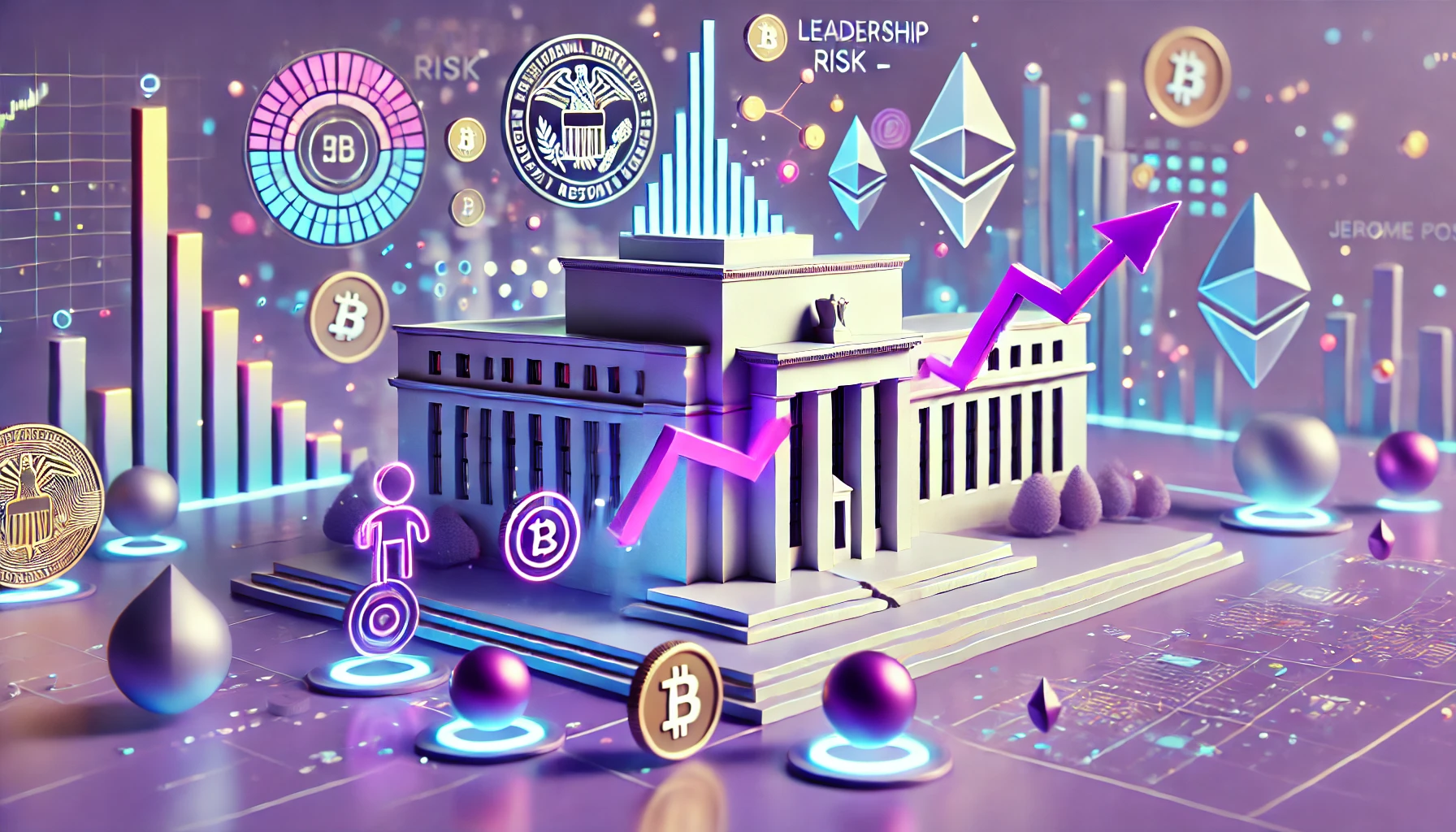Faced with internal economic tensions, China has reportedly begun selling cryptocurrencies seized during previous judicial investigations to boost its public reserves. This pragmatic strategy, according to analysts, could have an indirect impact on global markets while revealing a more nuanced approach from Beijing toward digital assets.
Strategic sales to ease fiscal pressure
- A move reported by Reuters: According to sources close to the Chinese government, authorities have begun selling confiscated cryptocurrencies, including Bitcoin and Ether, to bolster public finances amid an economic slowdown.
- Seizures accumulated over years: These assets are believed to come mainly from money laundering, fraud, or illegal platforms, such as PlusToken, whose cryptoassets had been frozen and kept under state control.
Beijing’s Ambivalent Stance on Cryptoassets
- A Ban Still in Effect: Officially, China prohibits cryptocurrency exchanges and large-scale mining, while actively developing its own digital currency (the e-CNY).
- Pragmatic Management Behind the Scenes: Despite this official stance, the resale of seized cryptocurrencies reveals a financial logic: transforming digital assets into fiat currency to support the national economy, without reversing the public ban.
Opportunities and Risks of Such a Strategy
What This Implies:
- A precedent potentially followed by other states that have seized cryptocurrencies as part of criminal investigations.
- An implicit form of recognition of the market value of digital assets, even in regimes hostile to their civilian use.
Persistent Risks:
- A massive influx of BTC or ETH into the markets could exert downward pressure.
- A perception of double standards on the part of the Chinese authorities, between an official ban and an unofficial use.
Conclusion
China’s decision to liquidate its confiscated cryptocurrencies illustrates its opportunistic and pragmatic management of digital assets. Although publicly opposed to cryptocurrencies, Beijing does not hesitate to profit from them within a strictly controlled framework. This attitude could spread to other nations… while also reminding us that states, even those hostile to decentralization, de facto recognize the economic value of Bitcoin.














